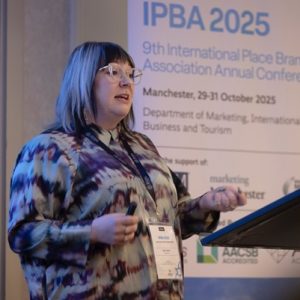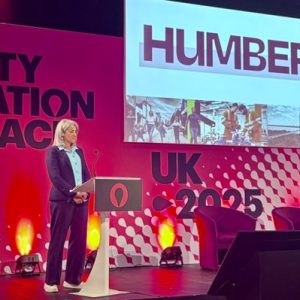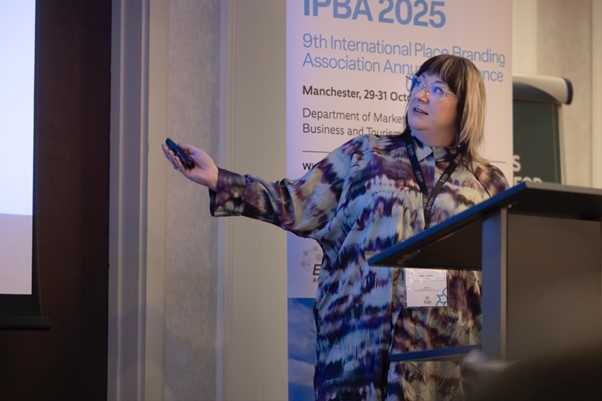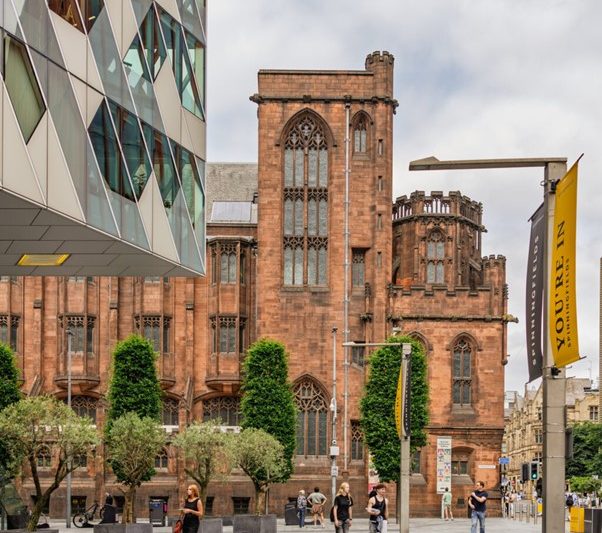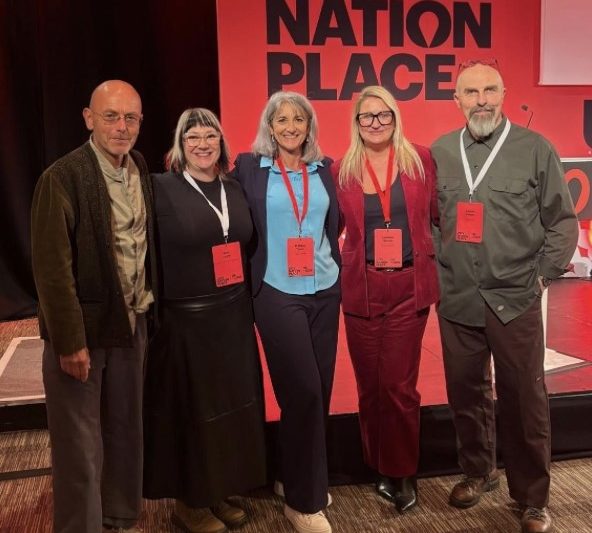Call it a Spring treat, but I was let out of the office twice in a week to allow me to look at the role of culture in regeneration in some actual ‘places’.
First I popped over to Leeds to attend one of Place North’s regular ‘Emerging Development Hotspots’ events, this time all about ‘God’s Own Country’, aka Yorkshire. A packed room heard from the public and private sectors as the ongoing regeneration of York, Sheffield, Hull, Leeds and Bradford was set out. Lots of big and ambitious plans, and some that felt like they were ‘of that place’, e.g. you couldn’t mix up ‘samey’ plans as they clearly serve their local communities, commerce, heritage and landscapes. Despite being in very uncertain economic and political times, our northern cities – now driven forward by ever strengthening devolution – know that short-termism, reactive masterplanning and ‘good enough’ is no longer good enough.
I’ve lived and/or worked and/or studied in all of the cities mentioned, across culture, heritage, place brand, tourism and creative industries. But it’s all place-making, or maybe destination-making if you are all about the visitor economy. So what works for your citizens, businesses, visitors, students, investors? What will shift perceptions, confidence and affect the social and economic impacts you’re after?
Hull is busy transforming its city centre, but also knows that working within the wider Humber region – a genuine economic powerhouse – is the way to thrive as the engine room for the economy. It’s one of the most naturally international cities we have – ports often are of course. The region’s new place brand is embracing their successes and potential as the Northern Powerhouse’s sleeping giant. They’re facing outward across the water much more, embracing their potential as a maritime city. Some cities would kill for such waterfronts. Which brings me to my second excursion – Bradford.
Bradford – actually named after the beck / ford that the settlement was built on – can’t find its river. Who stole it? You guessed it – the Industrial Revolution. The city grew incredibly quickly, and the river was culverted (they’re planning to bring some of it back to the surface, which will be wonderful to see – Rochdale’s just done the same thing to great effect). The trade-off was all about, well, trade. The Wool Exchange (regularly rated as one of the world’s best bookshops) was surrounded by bustling banks and evidence of mercantile wealth. Bradford could claim to be the nation’s (and therefore the world’s) richest city at one point in our Victorian pomp. Textile trade was genuinely global. If you think China is a new trading partner of scale, check the history books. Bradford was there 150 years ago.
Anyway, as the industrial north became post-industrial decline, few fell further than Bradford. Much of the built environment remained, but few looked up above struggling high street shopfronts to see it. I lived in Bradford in the 1980s and 1990s, and have never strayed too far away. What is happening there now feels like 40 years of hurt (apologies to Skinner & Baddiel) is being addressed with passion, clarity, brutal(ist) realism, and not a little bit of culture. For of course, Bradford is our UK City of Culture this year. Following Derry/Londonderry, Hull and Coventry it is Bradford’s turn to try to amplify the power of culture for regeneration.
The signs are good. In a group tour organised by Place Collective UK with Bradford Council, we explored the significant changes happening and in the pipeline. Bradford can never be Leeds, nor does it want to be. Anyway, Leeds is already doing Leeds pretty well. Bradford can be the youthful, messy, exciting, culturally-rich city I know and love, but in a C21st iteration that whilst not quite hitting the economic heights of the C19th, can operate with a renewed sense of self and optimism. Town planning mistakes of the past are finally being bravely rectified, local voices are being heard, technological innovation and creative partnerships are everywhere – driving environmental policy, city centre living, transport infrastructure, and of course culture. Over 1,000 events in 2025 will leave their mark, but what then? ‘Legacy’ is a much overused word, but what happens next after this year-long technicolour showcase of the ‘city’? Bradford is two-thirds rural and includes notable towns like Keighley, Bingley and Ilkley – all of which are now undertaking major investment programmes of their own.

Perhaps the biggest change for the city post-2025 will be how it works, and its confidence. The default starting point is partnership, and it’s this collaborative mindset that is starting to enable locals and investors to deliver the real change that the city is now seeing. Bradford is not awash with cash, but it is doing it anyway, because investing in a culturally-energised city with real quality and a long-term view is the only way. Hard lessons have been learned, but working with West Yorkshire Combined Authority in particular is bringing out the unique and infectious personality of a city ready to take the next step. I got the Bradford bug in 1987, and if you haven’t been, get over there for a look, and a curry.
In talking with planners and artists, developers and academics, councillors and urban designers, the message is increasingly the same. Work together, be yourself, and be genuinely long-term in your approach. The UK has a patchy record with place positioning, but with all the players that make up and drive a place forward perhaps, just perhaps, starting to converge in their thinking, our towns, villages and regions might yet become more than short-term hotspots, but long-term, authentic, distinctive successes.
